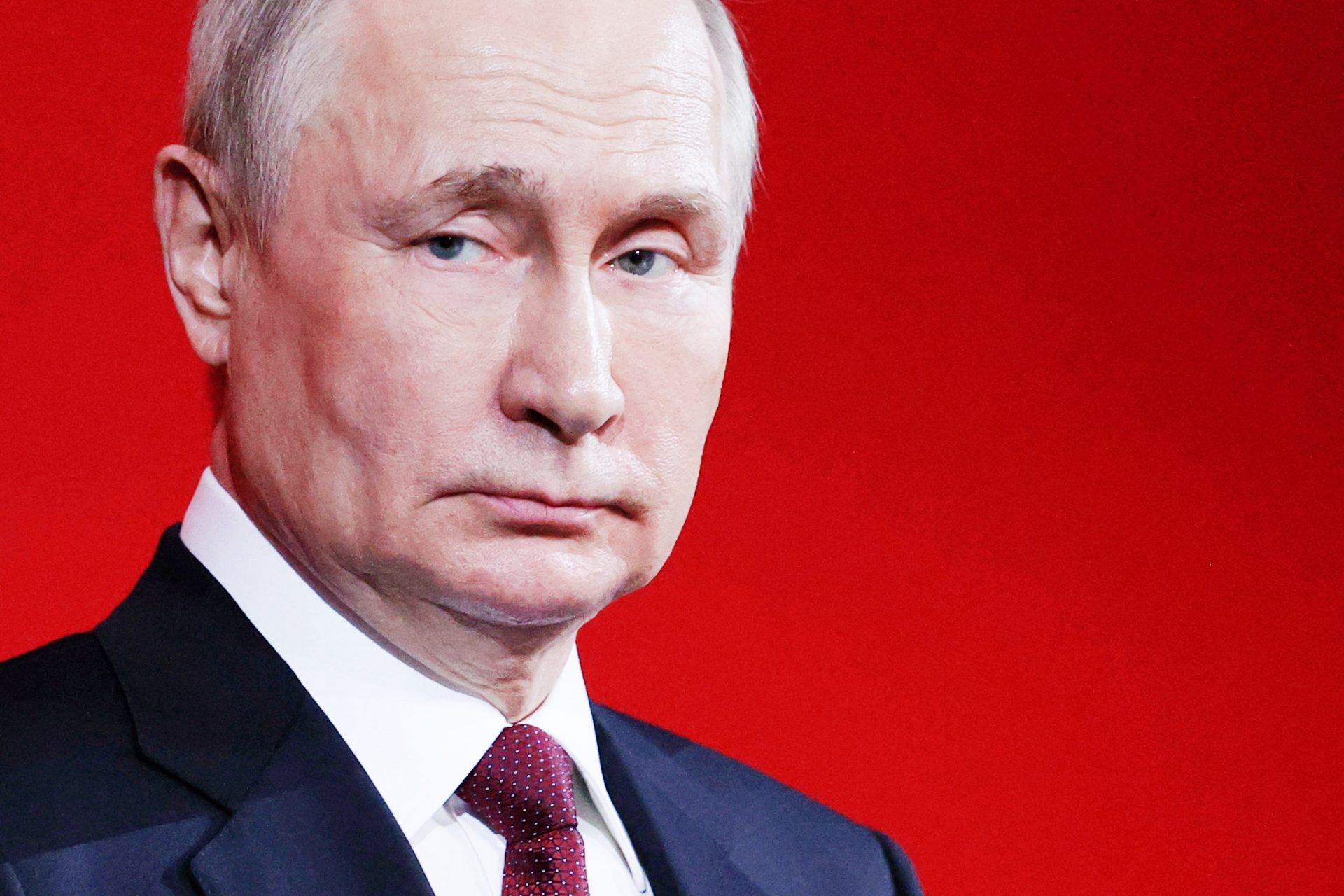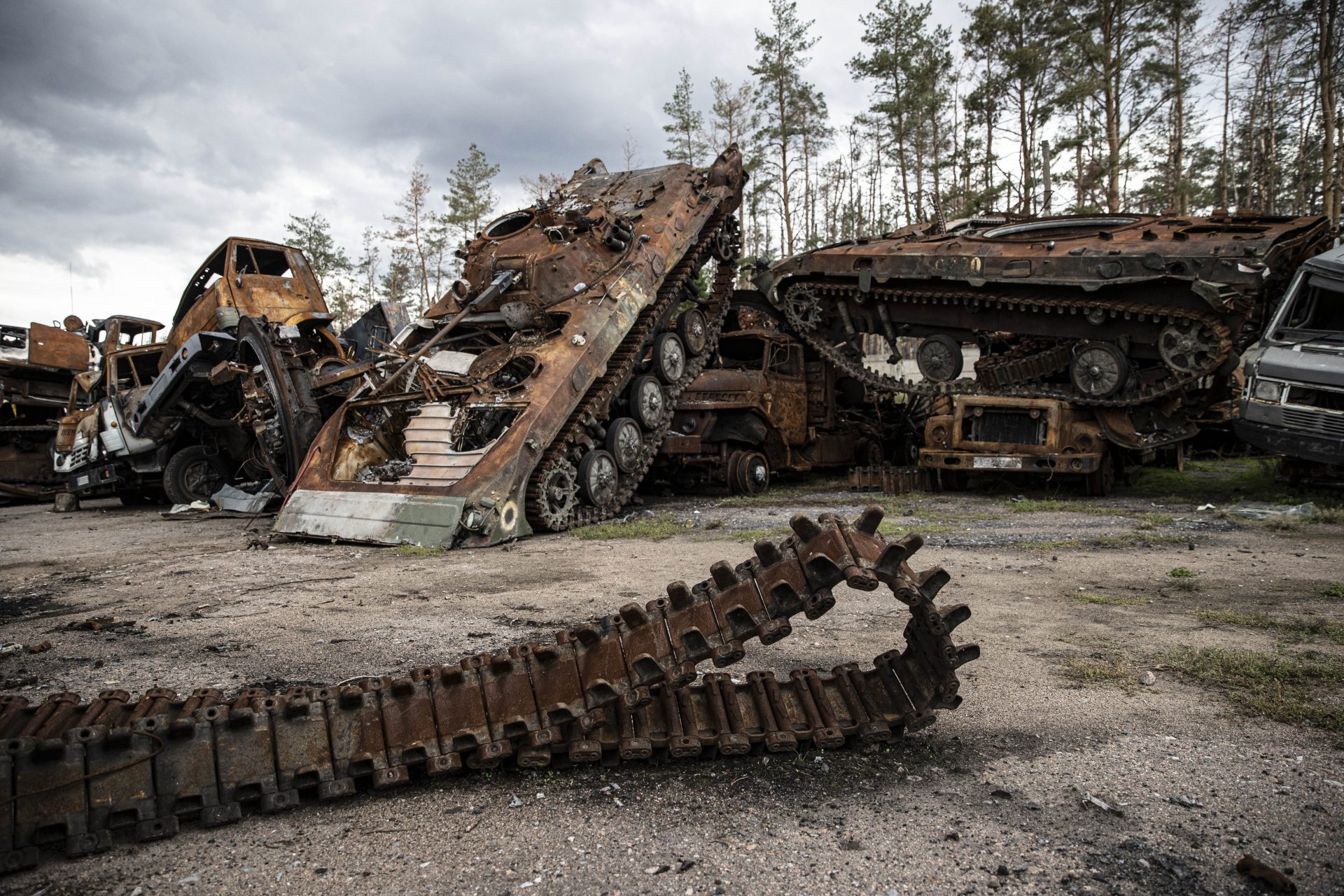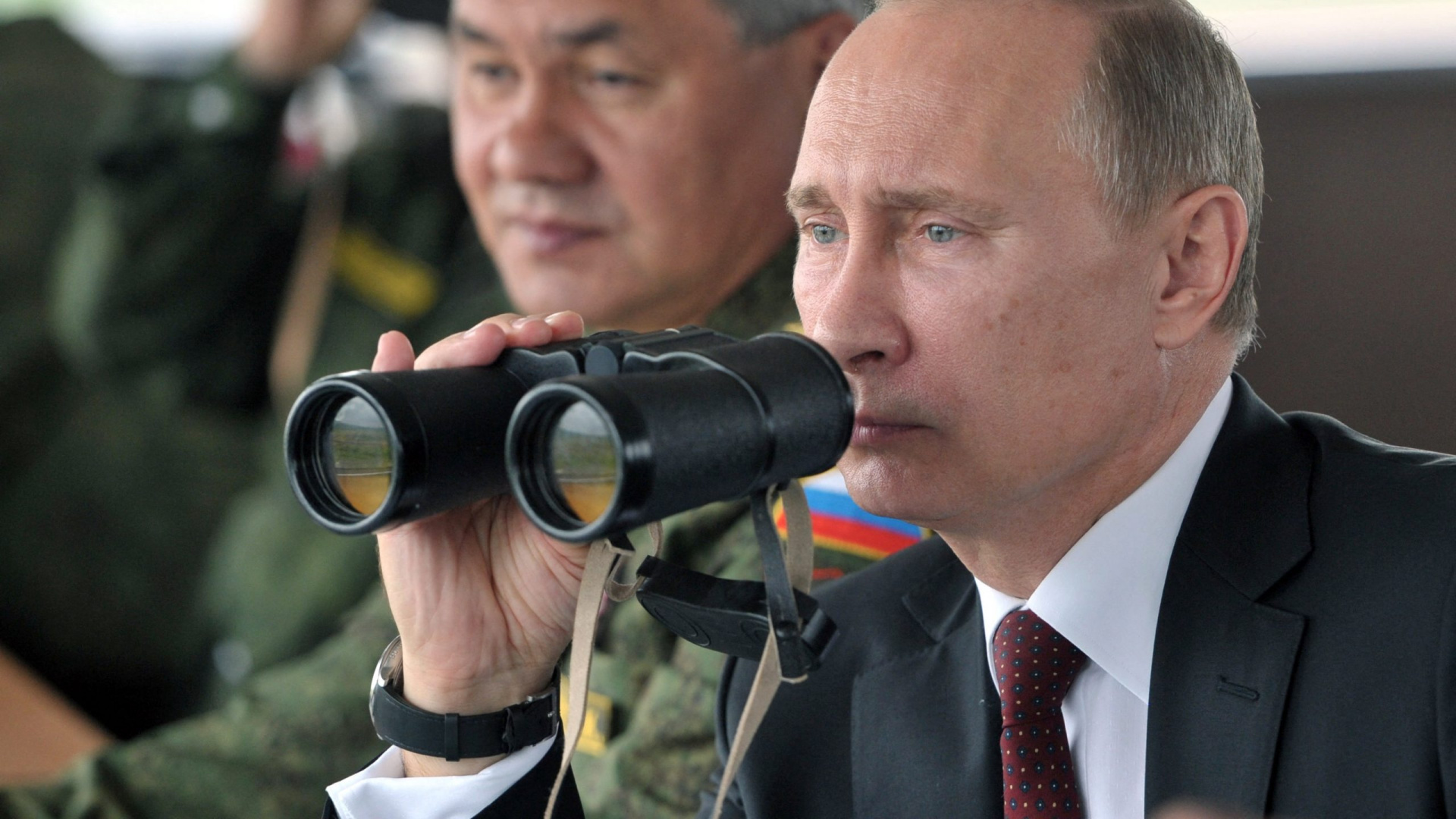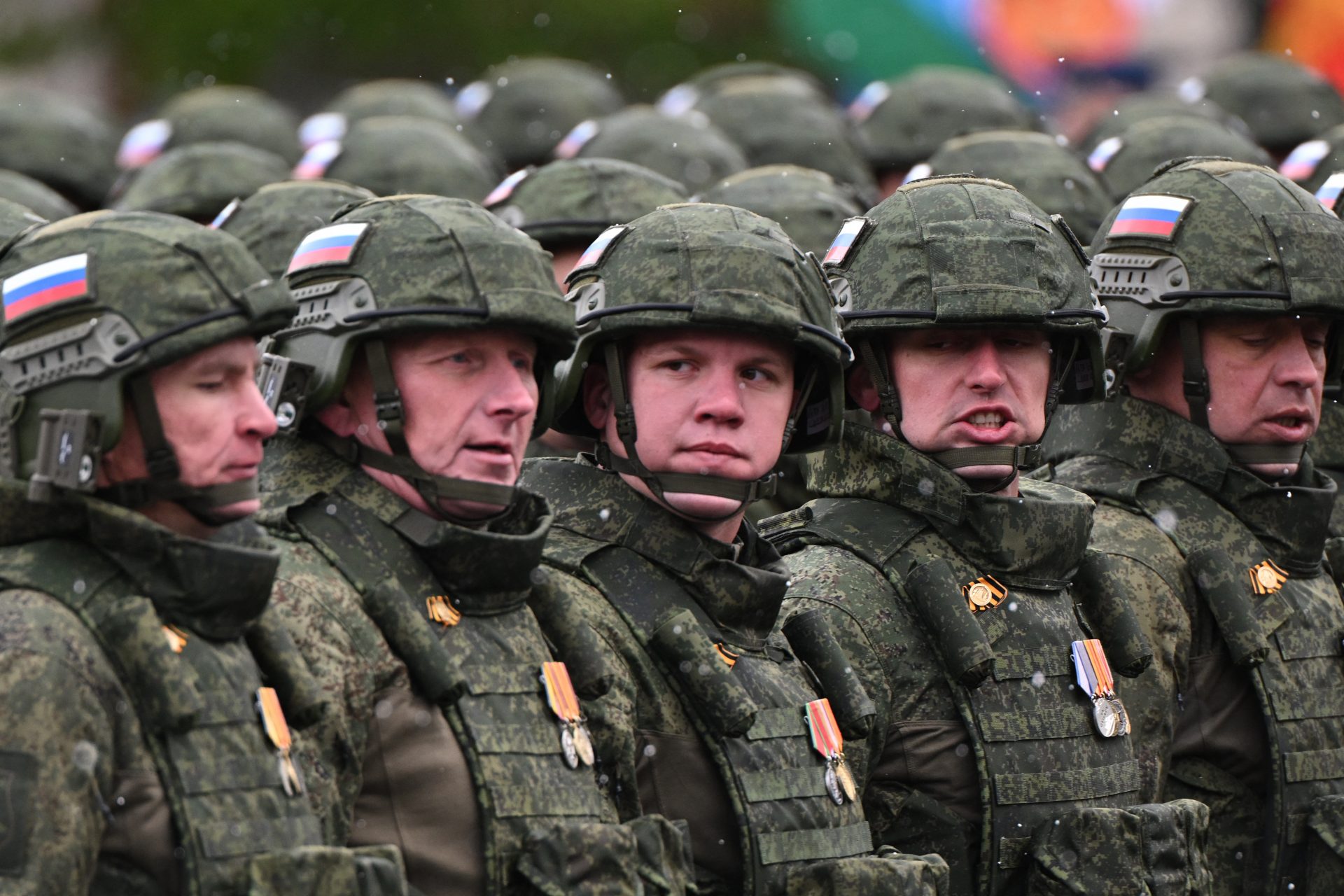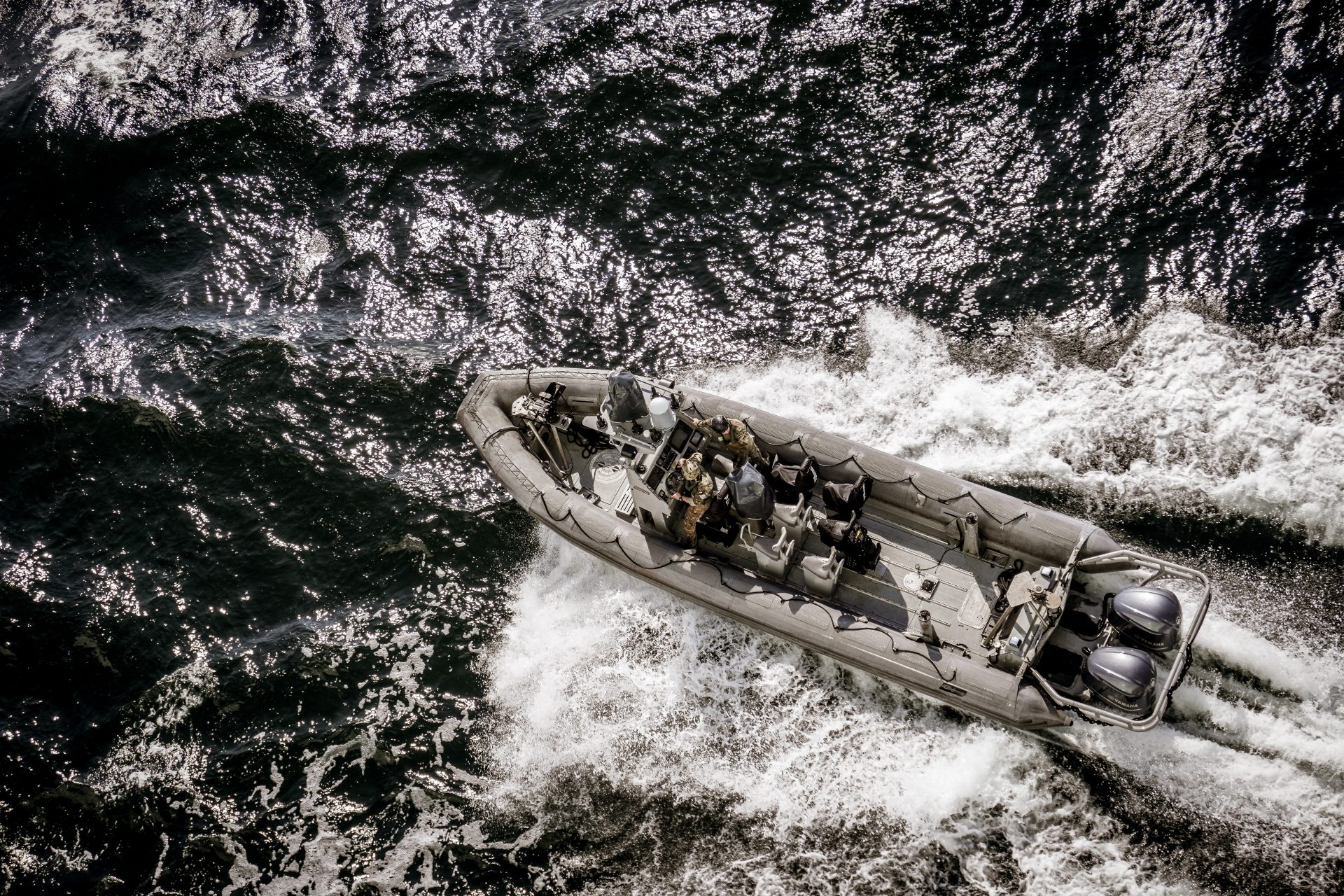Putin is changing his strategy in Ukraine says UK intelligence
Russia’s strategy for conquering Ukraine has changed according to an intelligence update from Defence Intelligence, an organization within the UK’s Ministry of Defense.
“Since 2014, Russia’s strategic goal in Ukraine has highly likely been consistent: to control its neighbor,” Defence Intelligence wrote in their daily war update on Twitter.
The British intelligence group noted that for more than eight years Vladimir Putin and his military officials pursued Russia’s objective in Ukraine through a policy of supervision and by fomenting war in the country’s Donbas region while annexing Crimea.
“On 24 February 2022, Russia pivoted to a new approach and launched a full-scale invasion which attempted to seize the whole country and depose its government,” Defence Intelligence wrote, though they noted that this approach did not work.
“By April 2022,” the British intelligence organization added, “Russia realized this had failed, and focused on expanding and formalizing its rule over the Donbas and the south. It has made slow and extremely costly progress.”
Russia’s slow and costly progress in Ukraine is the main reason why Defence Intelligence predicted that Putin and his military planners have likely changed their overall strategy to one that favors Russia’s strengths, namely its manpower reserves.
“In recent weeks, Russia has likely changed its approach again,” Defence Intelligence wrote. Its campaign now likely primarily seeks to degrade the Ukrainian military, rather than being focused on seizing substantial new territory.”
“The Russian leadership is likely pursuing a long-term operation where they bank that Russia's advantages in population and resources will eventually exhaust Ukraine,” the intelligence organization’s update added.
The British Ministry of Defense’s assessment of Putin’s changing strategy isn’t new, several experts and organizations have been predicting a Russian move towards a strategy of war that favors the kind of attritional operations that could cripple Ukraine.
Eugene Rumer is a senior fellow at the Carnegie Endowment for International Peace and the director of the organization's Russia and Eurasia program. On February 17th, he wrote an article arguing that the war had only reached the end of its beginning.
“Putin started the war betting on a short and decisive campaign,” Rumer wrote, adding that “Russia was favored to win quickly.”
“A year later, [Putin] is betting on the opposite—to wage a long war against Ukraine, exploiting the advantages that Russia’s size, resilient economy, and relative security from retaliation afford him,” the senior fellow from Carnegie continued.
“From Putin’s perspective, this is likely to be a viable strategy for the next phase of the war,” Rumer added, noting that Putin faced “little pressure at home from a docile public.”
But with this new strategy comes a new goal according to Rumer. Taking the Donbas is no longer the Russian prize for victory, taking all of Ukraine is what Rumer believes will be Putin’s new goal moving into this different phase of the war.
On February 26th, the Director of the Central Intelligence Agency William Burns subtly addressed the issues of Putin’s new war strategy, saying he believed the Russian President was “too confident” in the abilities of his military forces.
"I think Putin is, right now, entirely too confident of his ability, as I said before, to wear down Ukraine, to grind away and that's what he's giving every evidence that he's determined to do right now," Burns told Margaret Brennan on Face the Nation.
“At some point, he's going to have to face up to increasing costs as well, in coffins coming home to some of the poorest parts of Russia,” Burns added.
Whether this new strategy will work for Putin has yet to be seen. Russia does have the manpower and munitions advantage over Ukraine, but none of that will matter if a protracted war begins causing serious problems on Putin’s homefront.
More for you
Top Stories






















